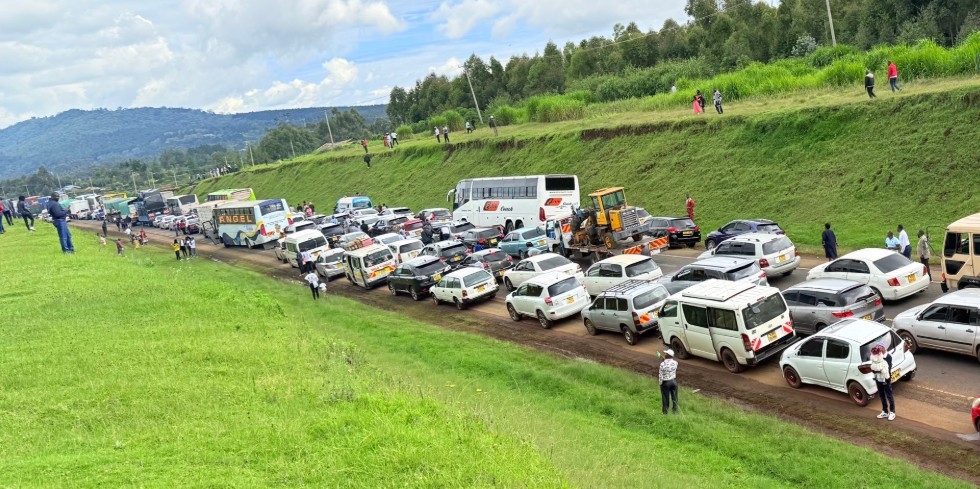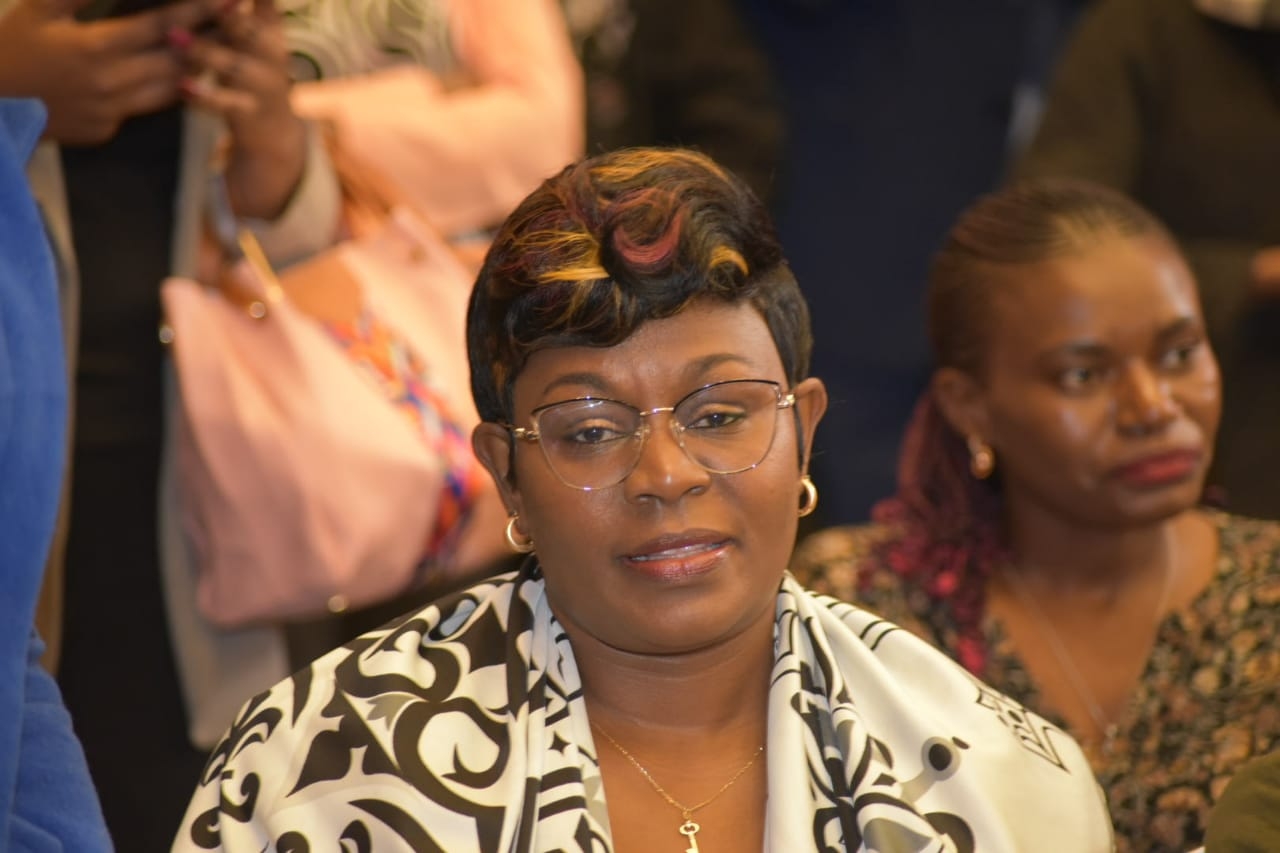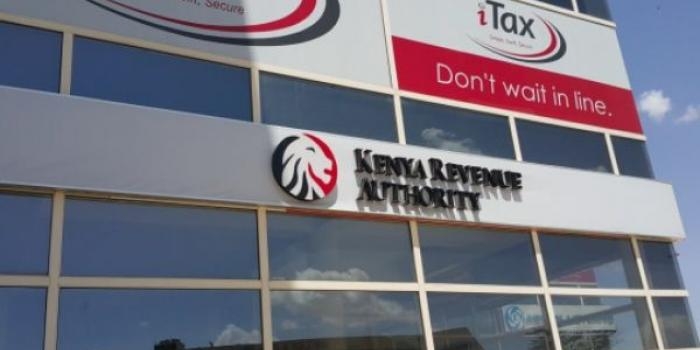The Kenya Private Sector Alliance (Kepsa) Foundation has launched an innovative and comprehensive project that will support youth and women in Mombasa to gain business skills.
Dubbed ‘Creating Opportunities and Alleviating Poverty Through Sustainable Trade (Coast)’, the project will focus on the Tudor informal settlement, aiming to create awareness on waste management and increased residents’ capacity to develope business cases through mentorship.
Mombasa County CEC Environment Nato Godfrey has lauded the initiative.
“Such inclusive business ventures will go a long way in improving the living conditions of the low-income earners in Tudor. The county government of Mombasa is pleased to render linkages and support throughout the project, such as including the beneficiaries of the project into existing value chains,” Nato said.
Over 42 per cent of Mombasa County’s population are youth aged between 15-34 years.
Its sheer size underscores the need for specific programs and projects targeting it, Innocent Mugabe - Chief Officer, Ministry of Gender, Youth, Sports and Cultural Affairs, Mombasa County notes.
Mombasa county is one of the top trade and tourism hubs, contributing significantly to Kenya’s over Sh160 billion tourism industry.
In 2019, the county attracted 128,222 global visits, out of the more than two million international visits to the country.
However, despite these palms, Mombasa has over 70 informal settlement areas accounting for approximately 65 per cent of the county’s population.
Solid waste management in most of these areas has become a challenge, especially due to poor infrastructure which makes it difficult for garbage collectors to gain access.
High unemployment rates and poverty have resulted in increased struggle for resources among residents at the bottom of the pyramid.
“We are excited about the Coast project, through which Kepsa will contribute to the achievement of Sustainable Development Goal (SDG) 1 on alleviating poverty, as well as Kenya’s vision 2030 on developing targeted pro-poor projects,” Kepsa deputy CEO, Martha Cheruto, said.
She added:“We have identified a waste challenge in one of the county’s informal settlements, and we will use this project to provide sustainable solutions that will not only lead to a cleaner environment, but will also create employment opportunities among area residents.”
The Coast project will focus on helping women and youth in Tudor establish waste management businesses, through training and facilitation to harness their entrepreneurship skills.
It will also enhance their capacity to access financing by linking them to financial institutions, based on their business environmental impact.
The expected outcome is to alleviate the level of poverty, through an alternative source of income for the residents.
“ We will adopt the circular economy model in supporting entrepreneurs to establish businesses that aim to present solutions in waste management, as well as using waste as an input for production,” said Karin Boomsma, project lead and director of sustainable inclusive business.
Findings show that most businesses fail within five to 10 years of their existence.
Some of the contributing factors are the lack of business skills and financing especially for women and youth.
“Through Kepsa's networks, we will initiate a mentorship program to facilitate learning from experts in the private sector. This will provide inspiration, a core ingredient for successful entrepreneurs,”affirmed Ebenezer Amadi, the Project Manager.
The six-months long Coast project under the PISCCA fund, which is supported by the French government, is anticipated to increase job creation opportunities by approximately three per cent , and enhance skills in business management and financial literacy by five per cent.
PISCCA is the French Embassy's Fund for Innovative Projects for Civil Societies and Coalitions of Actors.
Marie Ashimwe, French Embassy Representative, said the project will bring about the economic impact in the informal settlement areas that will enable women and youth to take advantage of income-generating opportunities arising from sustainable waste management.
“ It aims at contributing to poverty alleviation efforts by supporting capacity building projects, and is apart from SDG 1, it is contributing to two other Sustainable Development Goals, SDG 5 on gender equality and SDG 11 on inclusive cities,” Ashimwe said.












